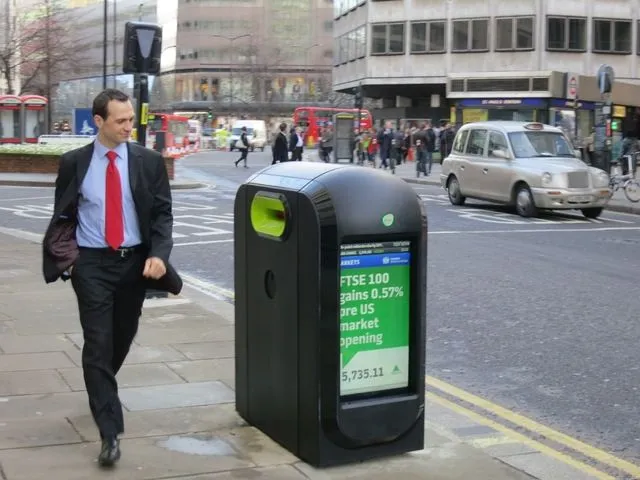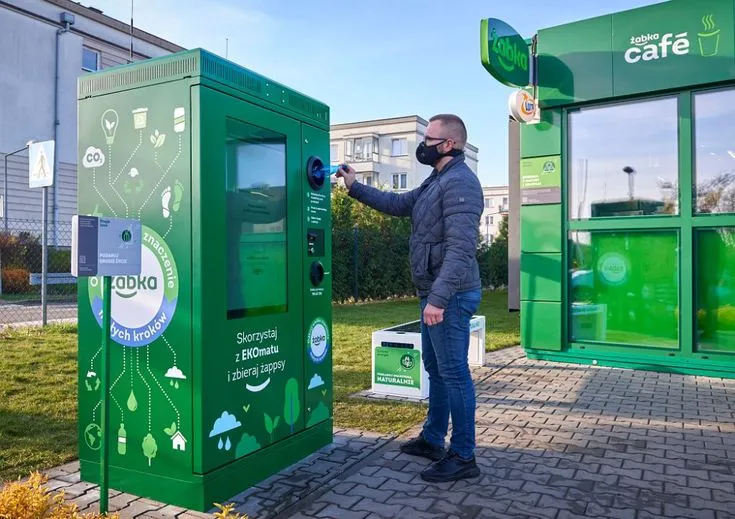A smart bin is a technologically advanced waste container that uses sensors, connectivity, and data analytics to improve waste management and recycling. This innovative bin is designed to make waste collection more efficient, convenient, and sustainable.

How Do Smart Waste Bins Work?
Smart bins have several key features that enable them to work effectively:
- Sensors: Smart bins have sensors that can detect how full they are. This information is sent wirelessly over WiFi or Bluetooth. This helps waste management teams optimize collection routes and reduce unnecessary pickups.
- Connectivity: Smart bins are connected to the Internet of Things (IoT). This means they can communicate with waste management teams and central control systems in real-time.
- Data Analytics: The data collected from smart bins can be analyzed to identify patterns and trends. This information can help make informed decisions about waste collection schedules, recycling campaigns, and resource allocation.
- Notifications: Some smart bins can send notifications to waste management teams when they’re almost full. This helps prevent overflow and reduces environmental impact.

Benefits of Smart Waste Bin Technology
Smart waste bins offer many benefits, including.
- Efficient Waste Collection: Smart bins help reduce unnecessary trips and wasted resources.
- Data-Driven Insights: The data collected by smart waste bins provides valuable insights into waste generation and disposal habits.
- Behavioral Change: Smart waste bins can influence individual behavior by providing real-time feedback.
- Cost Savings: Smart waste bins can help reduce labor, fuel expenses, and cleanup costs.
Countries Leading the Way in Smart Waste Management
Several countries have already started implementing smart waste management systems, including

- Singapore: Known for its innovative approach to urban planning, Singapore has implemented smart waste management systems to improve waste collection and recycling.
- Sweden: Sweden has been a pioneer in waste management and has implemented smart waste bins and other innovative solutions to reduce waste and increase recycling.
- United States: Cities like New York and San Francisco have started using smart waste bins to improve waste collection and reduce waste going to landfills.
- United Kingdom: Cities like London and Manchester have implemented smart waste management systems to improve waste collection and reduce waste going to landfills.
- Japan: Japan has been at the forefront of technological innovation and has implemented smart waste management systems to improve waste collection and recycling.
Conclusion
By adopting smart waste bin technology, these countries are setting an example for others to follow and demonstrating the potential for smart waste management to create a more sustainable future.









